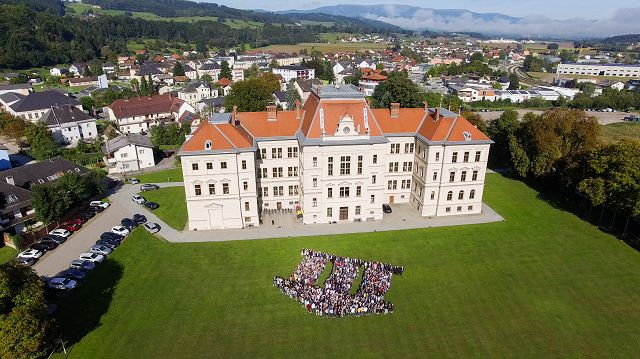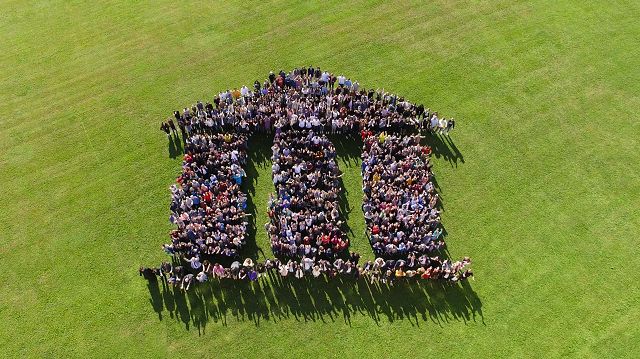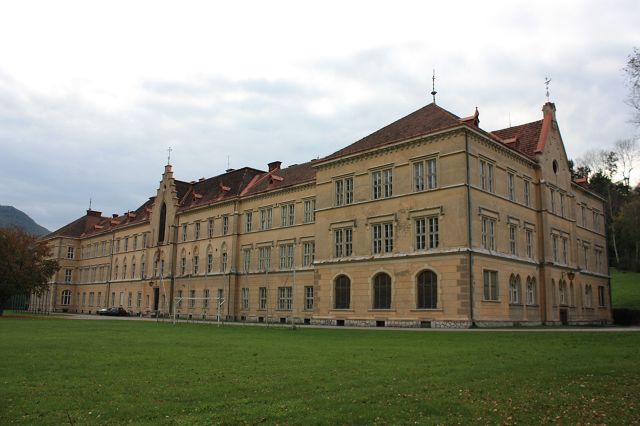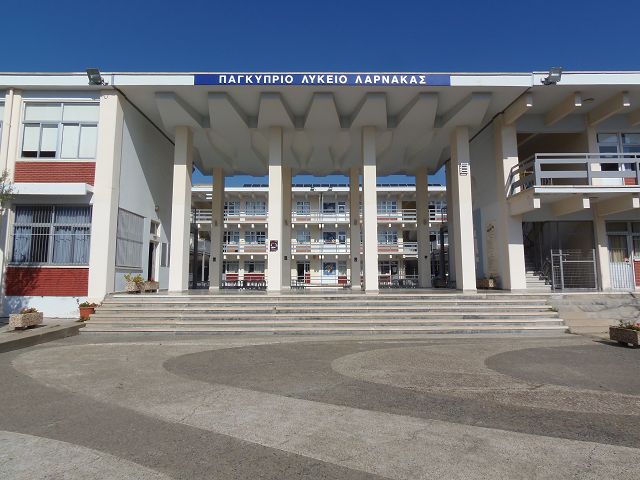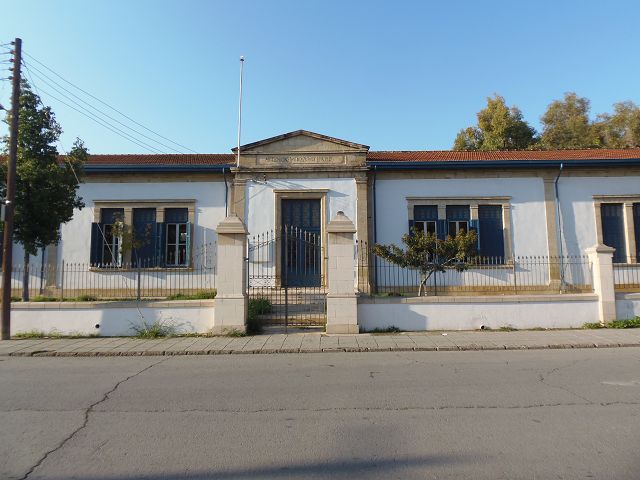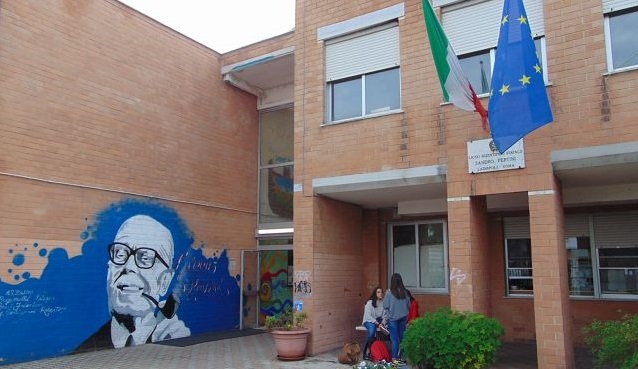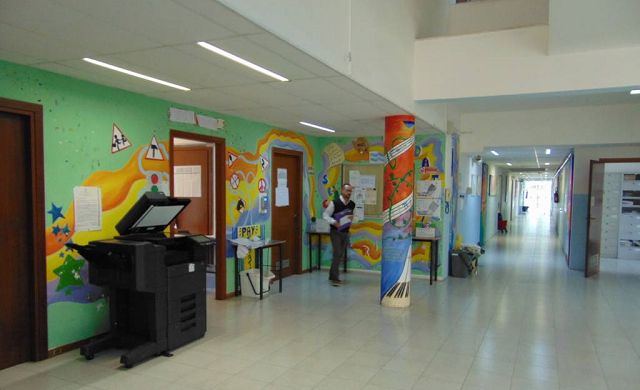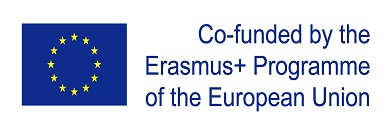Already in the Rome Declaration of March 2017 EU Member States stressed their commitment to providing young people with the “best education and training”. In turn the October 2017 European Council called for training and educations systems to be fit “for the digital age”.
This key issue is especially fostered by the Communication of the European Commission “Strengthening European Identity through Education and Culture” and by the EU Leader’s Agenda of the Gothenburg meeting in November 2017, who set out a vision for a European Education Area and announced a dedicated Digital Education Action Plan.
The Communication of the European Commission introducing the Digital Education Action Plan published on 17 January 2018 affirms that “[…] Education and training are the best investments in Europe’s future. They play a vital role in boosting growth, innovation and job creation. […] Education should help empower young people to articulate and engage, participate and shape the future of Europe”. As “[…] digitisation affects how people live, interact, study and work” and some “[…] jobs will disappear, others will be replaced, new jobs will be created, many jobs and industries will be transformed and new activities will emerge, […] investing in one’s digital skills throughout life” will be “[…] of the utmost importance. While there are many opportunities arising from digital transformation, the biggest risk today is of a society ill-prepared for the future. If education is to be the backbone of growth and inclusion in the EU, a key task is preparing citizens to make the most of the opportunities and meet the challenges of a fast-moving, globalised and interconnected world. […] Innovation in education systems […] can help to improve learning outcomes, enhance equity, improve efficiency” as well as “[…] boost entrepreneurial competences and support digital entrepreneurship.” The Action Plan has three priorities, setting out measures to help EU Member States meet the challenges and opportunities of education in the digital age and includes 11 actions to support technology-use and digital competence development in education. All these documents, who inspired and constitute the motivation to implement this KA229 project and the reasons why it should be financed, outline a number of relevant policy objectives and new challenges of the educational landscape of the EU Member States.
Therefore, schools from six countries decided to set up this interdisciplinary, transnational and multilingual project for the exchange of good practices, whose aims are to acquire, develop and improve new skills, common strategies and exchange of good practices improving learning outcomes, enhance equity, improve efficiency, boost entrepreneurial competences and support digital entrepreneurship. Moreover, this cooperation represents a crucial chance to develop international synergies, share expertise and learn the best practices from each other.





